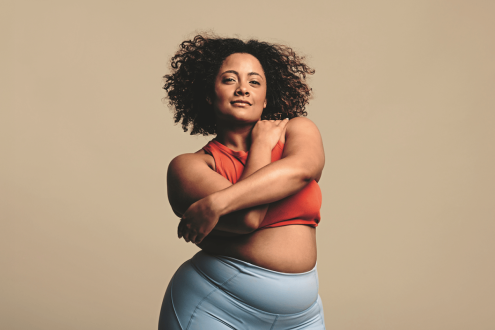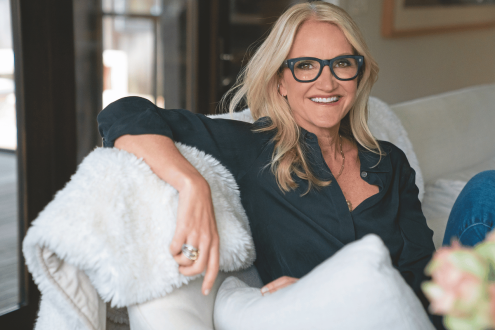How can I help my daughter to accept the way she looks?
Our agony aunt Mary Fenwick offers a new perspective on whatever is troubling you

Q. My 17-year-old daughter is intelligent and beautiful, but she believes she is ugly. This is not the typical teen having a bad hair or bad skin day – it’s hideous. She feels as though her life is ruined by the way she looks.
She has had counselling, but this was no help as she refused to talk about it – she is very private. I have tried to find a specialist in body dysmorphic disorder (BDD), but I feel there is nowhere to turn. Her GP has been great, but I have no idea how to help my poor daughter. We even paid for plastic surgery to fix a scar left from chickenpox.
I leave work early to drive her to college every day, and I try to be there for her as much as possible, but she leaves the house less and less. I don’t even know whether I am helping or not; my husband thinks I am too soft. My daughter believes more surgery is the only thing that will make her feel better. What can I do or say to help? Name supplied
A. My concern is for you, as the mother of a teenager who is unwell at the moment. I have found a number of resources about BDD, but first I want to talk about you. I get an impression of great intensity from your letter, as if what is going on inside your daughter’s head is the dominant force in your household. The condition is interfering with work, school and family life, not just for one person, but at least three. I urge you to take it seriously as a health issue for you, not just your daughter.
When my own family was confronted with a mental-health crisis, we had brilliant support from the NHS, but I also decided to seek counselling, in consultation with my GP. I knew that I couldn’t do this on my own. Please ensure your GP is fully in the picture about your challenge as a mother. Be insistent in asking to see a doctor who specialises in mental-health issues.
Your role is to retain a calm, hopeful perspective and to challenge the distorted thoughts. Note that you are challenging the thoughts, not your daughter as a person. The aim is not for you to enter her world, but to help guide her back from that frightening place.
The BDD Foundation is explicit on this point: don’t collaborate in trying to find ‘magic solutions’, such as cosmetic surgery. All of the following points are taken from its family-and-friends section: ensure that you carry on doing things that you enjoy for yourself; practise saying no to requests for reassurance; and avoid getting drawn into debates about her appearance.
Now that you’ve reached out to me, please keep up your good work. There are many people with vastly more experience in this than either you or me. One or two useful conversations every week will get you a long way.
Mary Fenwick is a business coach, journalist, fundraiser, mother, divorcée and widow. Follow Mary on Twitter @MJFenwick. Got a question for Mary? Email mary@psychologies.co.uk, with ‘MARY’ in the subject line.
Photograph: iStock









